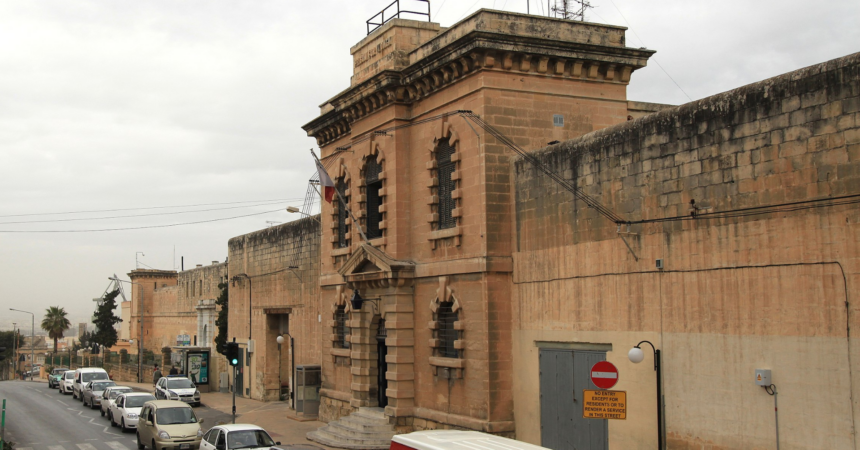A court decision by Judge Toni Abela on Monday, which ruled journalists should be able to visit prisons freely, was called an “affirmation of the importance of journalism for a functioning democracy” by journalists’ and writers’ activist group PEN Malta.
Judge Abela’s decision ruled that journalists should be allowed to access the Corradino Correctional Facility, conduct interviews, and take photos and videos without obstruction.
The case was raised by blogger Manuel Delia in 2020 after attempting to visit the prisons and detention centres to confirm media reports of detainees’ mistreatment.
The court ruling stated that current regulations and impositions have a “suffocating” and “chilling” effect, preventing journalists from fulfilling their work. The court ruled this breached Delia’s fundamental right to freedom of expression.
Welcoming the landmark judgement, PEN Malta said the ruling affirmed how “freedom of expression usurps antiquated regulations used as excuses by the authorities to bar journalists from their work” in a statement on Tuesday.
“When journalists are prevented from accessing information about the government’s actions, citizens are also prevented from their right to know,” they said.
The activist group appealed to the authorities to honour the court’s decision and abstain from a court appeal.
“This is an opportunity for the authorities to show they would like to turn a new leaf and start respecting the role of journalists in our democracy,” they said.
A court report by the Times of Malta described how former prisons Director Alex Dalli had testified at the case, defending his decision to bar Delia from freely accessing the prisons. He had been limited through a media protocol document to a surveilled visit to the prison kitchens.
The court ruled that “authorities should not shut their doors to journalists.” Judge Abela slammed Dalli’s assertion that “the buck stopped with him” at the prison, calling for common sense.
The government’s disposition against journalism and the public’s right to know can be seen in its continued refusal to provide information in the public interest through various channels.
Its abuse and weaponisation of freedom of information law against newsrooms and its lethargy in enacting legislation for journalists’ protection and refusal to implement the full recommendations of the Daphne Caruana Galizia Public Inquiry further strengthen public perceptions of the government’s resolve against the profession.












